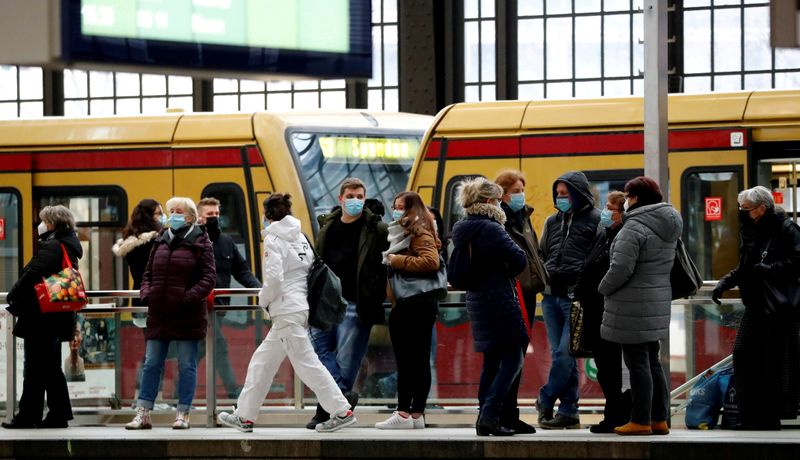BERLIN (Reuters) - Negotiated wages in Germany barely grew in the third quarter despite soaring inflation, leaving consumers with less money in their wallets which could hurt future household spending in Europe's largest economy, data showed on Tuesday.
The Federal Statistics Office said agreed wages of unionised employees rose by an average of 0.9% year-on-year from July to September. This was the smallest increase recorded since the office began compiling the data in 2010.
Central bankers and policy makers are watching the development of wages in the euro zone very closely. They are looking for any hints as to whether rising consumer prices lead to higher wages which could mark the start of a wage price spiral and lead to higher inflation also in the medium term.
Tuesday's figure includes the agreed basic remuneration and the extra payments provided for in-wage settlements, such as one-off payments, annual extra payments or agreed back payments.
Excluding special effects related to extra payments in the car industry, negotiated wages rose by 1.3% on the year.
As consumer prices rose by 3.9% in the three months, workers suffered an actual decline in real wages in the third quarter, the office added.
The weak wage data comes after unions on Monday secured a 2.8% wage increase for more than a million public sector workers at the federal state level, a deal analysts said was too modest to kick off a wage-price spiral in Germany.

The decline in real wages bodes ill for future household spending which was the sole driver of German gross domestic product growth in the third quarter in light of supply bottlenecks and production problems in the industrial sector.
Chancellor-in-waiting Olaf Scholz, from the centre-left Social Democrats (SPD), has said his three-way ruling coalition with the Greens and Free Democrats (FDP) will raise the national minimum wage by around 25% to 12 euros an hour next year.